We offer courses at Stanford Law School and d.school, with problem-solving, partnership-based lab classes. These include classes in partnership with local courts, judicial agencies, legal aid groups, community advocates, law firms, and corporate legal departments.
In addition to classes, we also work on long-term research, design, and development projects, all focused on improving the civil justice system in the US.
Overall, our Lab has three main points of focus:
- Teaching & Training: We run workshops & teach classes on how legal design & technology can be applied to specific problems in the world of law.
- Building and evaluating new products: We create concept designs for new legal products & services, and build them out with agile, design-driven teams. These development projects are also research-driven, to create results about what works in legal innovation.
- Researching & publishing findings: Our ultimate goal is to build a stronger community around innovation in legal services, and to do this we’ve adopted a core open-source ethic. As we experiment in legal innovation, we publish our process, our findings, and our finished products, to contribute to a wider knowledge base and community.
Our Full-Time Team

Margaret Hagan
Executive Director
Margaret is a lecturer at Stanford Law School and d.school.
She holds a JD from Stanford Law, as well as an AB from the University of Chicago, an MA from Central European University in Budapest, and a PhD from Queen’s University Belfast in International Politics.

Nóra Al Haider
Assistant Director
Nóra Al Haider is the Lab’s Assistant Director. She combines the fields of law, tech and
design to find human-centred solutions for complex problems.
Nóra holds a Bachelor (honours) and Research Master in Law from Utrecht University. In her spare time she loves to make art and travel around the world.
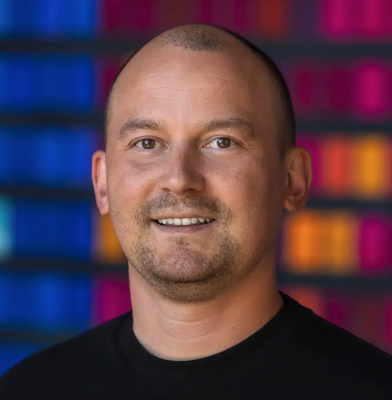
Vasyl Rakivnenko
AI Technical Lead
Vasyl is the Lab’s AI Technical Lead. He is working on building LLM copilots and RAG pipelines to widen access to justice. He also researches LLM performance, pricing, and bias with Professor Haim Mendelson from Stanford GSB and Nestor Maslej, from Stanford HAI, and mentors students through Stanford AI4ALL program.
Our Research Assistants & Fellows
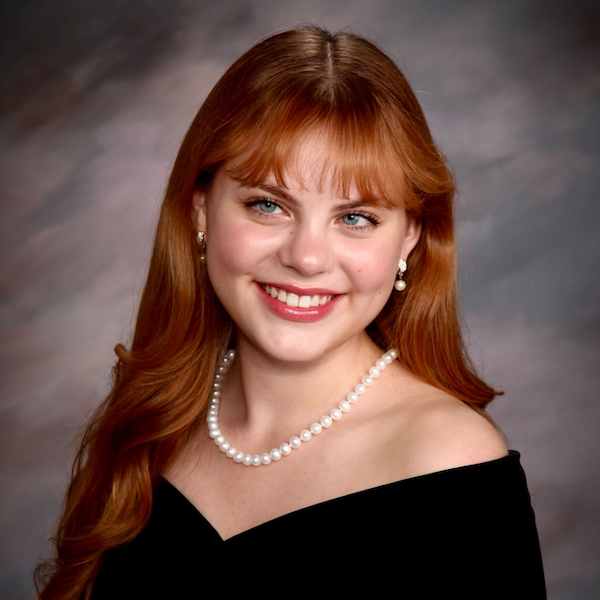
Kylie Price
Research Assistant, AI+Access to Justice
Kylie Price is a pre-law student majoring in Earth Systems and co-terming in Public Policy at Stanford University. At the Legal Design Lab, she works as a Research Assistant and Project Guide interested in the intersection of science, technology, and law to promote equity in justice systems. Kylie also works at the Santa Clara County Public Defender’s office as a legal intern in the post-conviction unit and is an attorney competitor on the mock trial team. With a background in activism and grassroots organizing, she is passionate about advocating for and communicating with underserved communities to enact policy change.
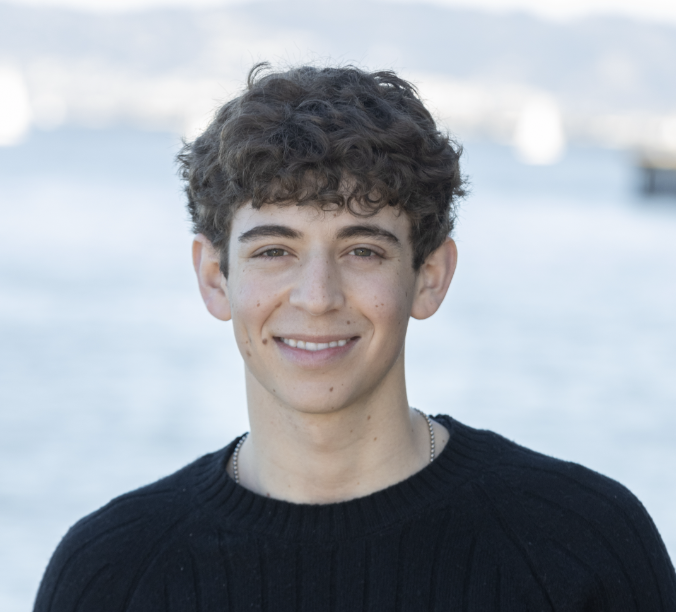
Miles Krim
Research Assistant, AI+Access to Justice
Miles Krim is a freshman at Stanford University studying Economics and Public Policy on the pre-law track. As a Research Assistant at the Legal Design Lab, he explores how design and innovation can make legal systems more accessible and effective. He is especially interested in public defense, drug policy reform, and the intersection of law and policy. Outside the Lab, he competes as an attorney on Stanford’s Mock Trial Team and works as a Junior Consultant with the TAMID Group, gaining experience in business strategy and consulting.
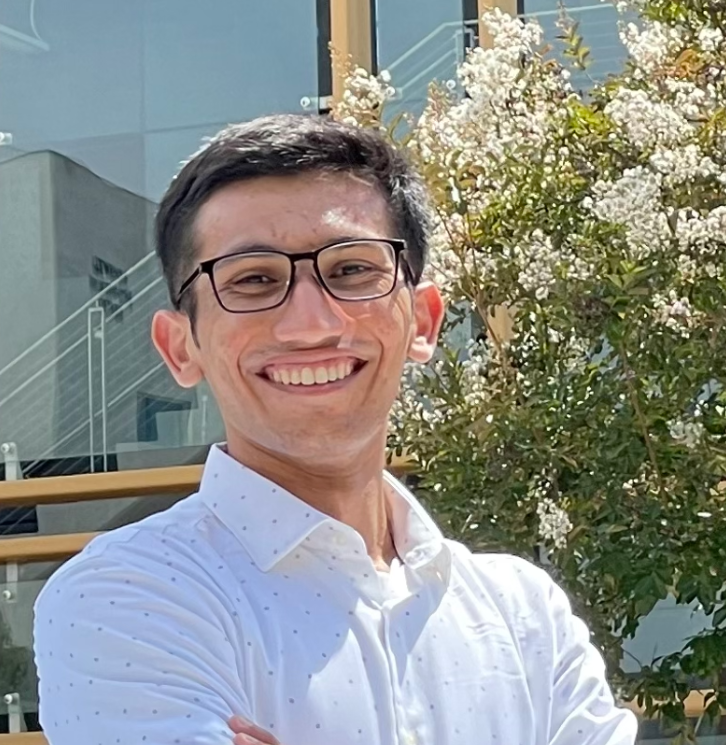
Aditesh Kumar
Research Assistant, AI+Access to Justice
Aditesh Kumar works on the Legal Design Lab’s R&D with legal aid groups to develop responsible AI solutions.
Aditesh is a Master’s student in the Computer Science Department at Stanford University. He’s broadly interested in the tension that arises where information technology meets law, and is passionate about designing technology that can bridge that gap. He holds a BS in Computer Science and a BA in Criminology, Law, and Society from UCI.
See his Github here.
Past Research Assistants
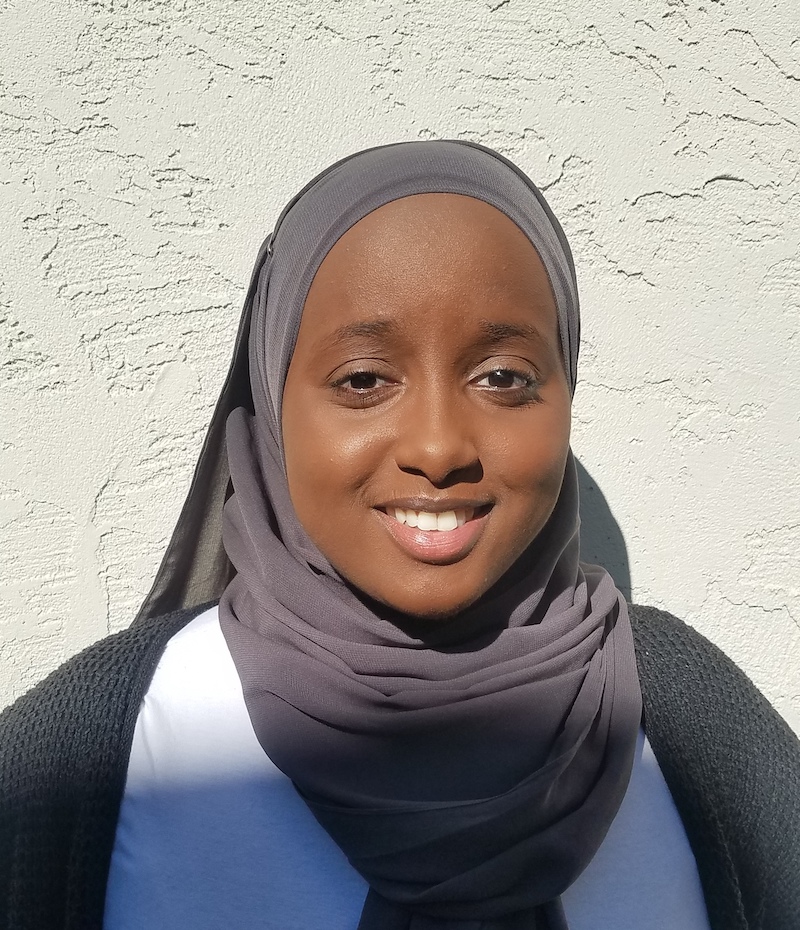
Roda Nour
Past Research Assistant
Roda Nour is a San Diego native and is the youngest of a family of 9. She is double majoring in Management Science and Engineering and Public Policy at Stanford University while working as a research assistant with the Legal Design Lab. Roda aspires to be a lawyer working with underserved communities in need of imminent legal aid.
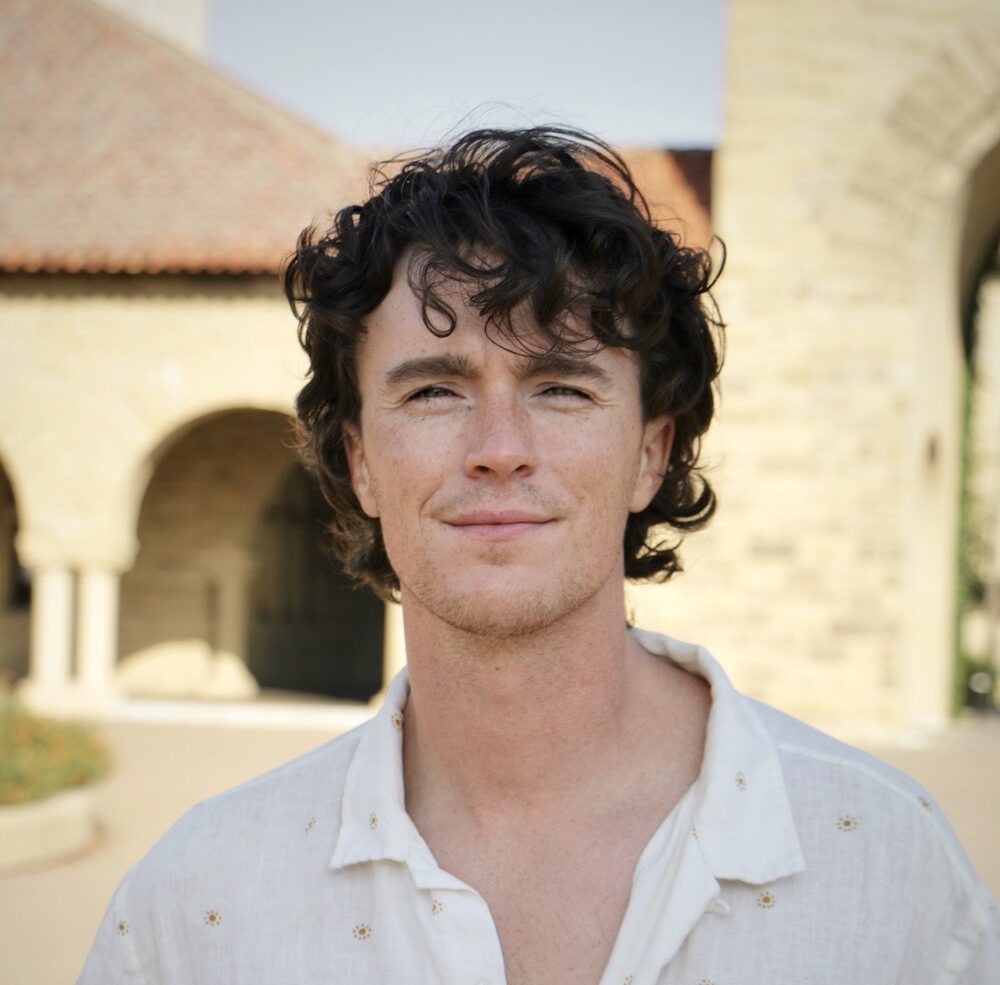
RJ Vogt
Past Research Assistant
RJ grew up in Franklin, Tennessee and graduated from the University of Tennessee in 2015 with a B.A. in Literary & Advocacy Journalism.
Afterwards, he moved to Yangon, Myanmar to work at The Myanmar Times via a Princeton in Asia fellowship. In 2017, he joined Law360, a legal news outlet where he helped launch the company’s first Access to Justice beat. His stories focused on topics like bail reform, legal aid funding, and self-represented litigants. At SLS, RJ helps coordinate the Housing Pro Bono project.

Rachel Wang
Past Research Fellow
Rachel (she/her) Wang is a senior studying Psychology and Sociology at Tufts University, with an interest in attending law school in the future. She has been working with the Legal Design Lab for over a year now, designing the online court observations survey
and building a legal help website evaluation tool. In her free time, she loves sketching with her non-dominant hand and promoting mental health awareness on her college campus.

Olivia Rosenthal
Past Research Assistant
Olivia is a rising 3L at SLS, and is a lead fellow on the Eviction Innovation project, our multi-city strategic network with the National League of Cities, and our eviction pilots in Hamilton County, Ohio.
She has a background in access to social services, particularly reproductive and maternal care.
She spent the past summer in Richmond, Virginia researching potential programs the city can implement to address its eviction crisis.

Yue Li
Past Fellow
Yue is a Computational and Mathematics Engineering master’s student at Stanford. Her projects at the Legal Design Lab include auditing Google search results for legal queries and doing data analysis the American Bar Association’s online platform. She is excited about how technology and data can be leveraged to provide better access to justice. Outside of school, Yue loves listening to storytelling podcasts, knitting, and hiking.

Sabina Beleuz Neagu
Past Research Assistant
Sabina is a Symbolic Systems major and Human Rights minor at Stanford University, with an interest in leveraging technology to facilitate access-to-justice.
She has been working with the Legal Design Lab for three years on projects including creating the Navocado platform to train pro bono lawyers in new fields, increasing the accessibility of online legal help, and optimizing Internet search engines for legal queries.
Outside of the lab, she was the president of the Business Association of Stanford Entrepreneurial Students, and is conducting Honors Thesis research on the ethics of public interest tech.
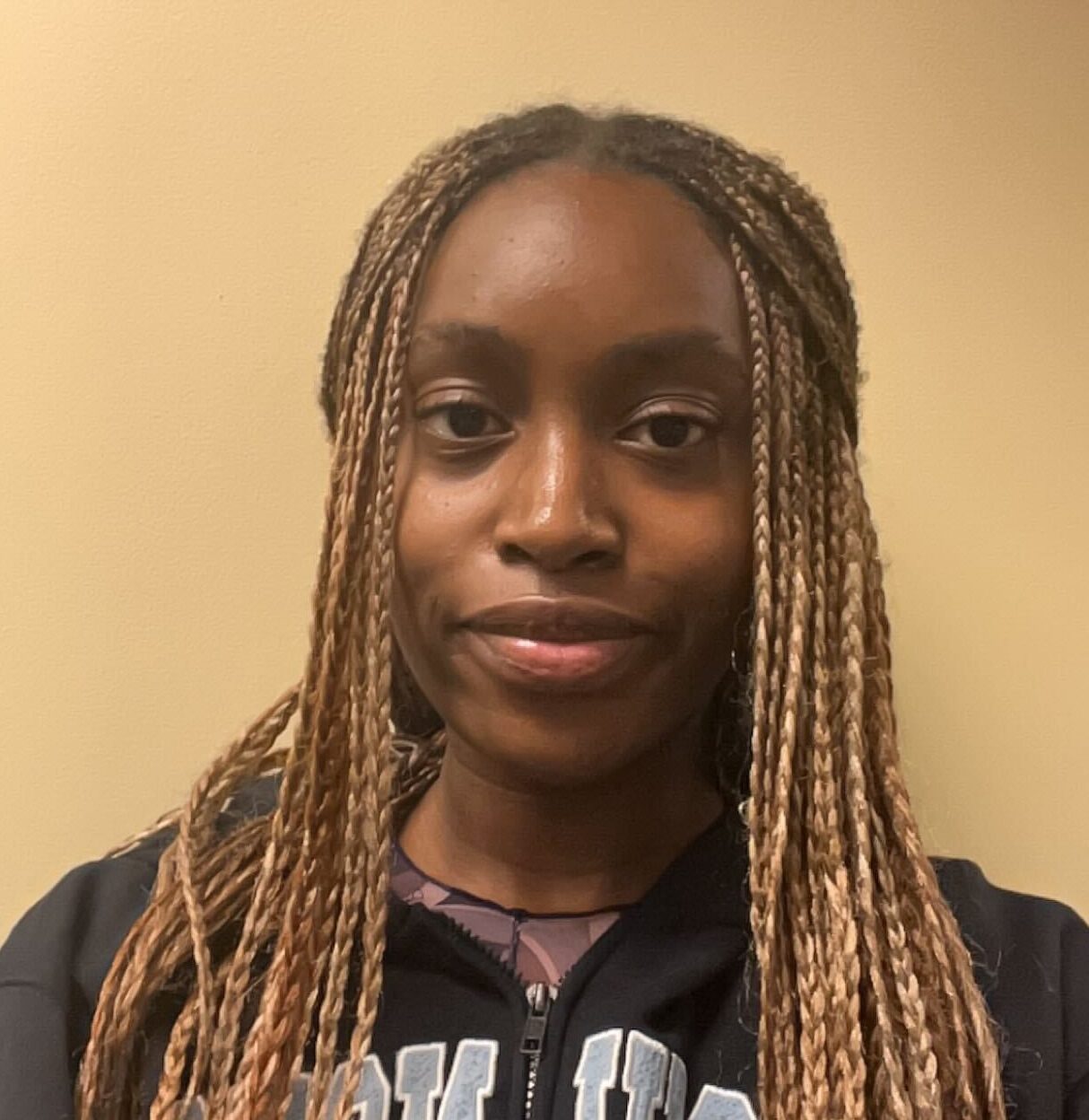
Chidubem Nwosu
Past Research Assistant
Chidubem is a current undergraduate pre-law student studying international relations and bioengineering in the Stanford class of 2027. She is interested in the intersection of technology and civil society, and its implications for accessibility and advocacy in legal environments.
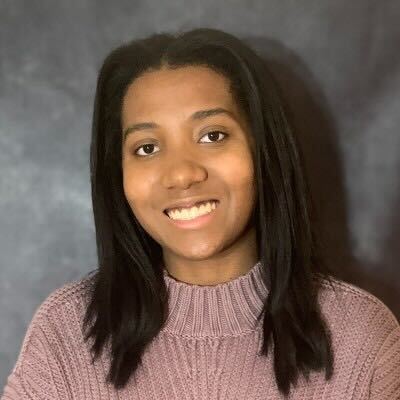
Kalissa Greene
Past Research Assistant
Kalissa Greene is a senior from Alpharetta, Georgia, double majoring in Data Science and Political Science with a Notation in Science Communication. With a passion for the intersection of technology and law, she focuses on AI ethics and data privacy, striving to shape the future of technology policy.
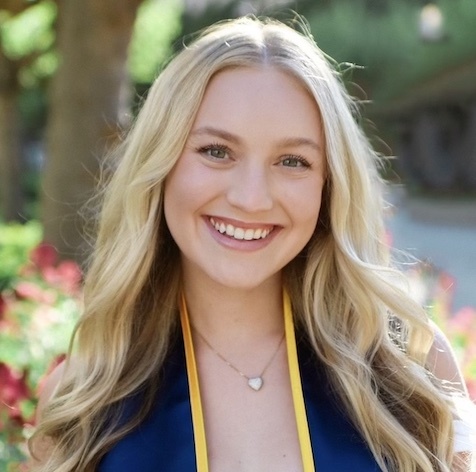
Sarah Turobiner
Past Research Assistant
Sarah was a Master’s student in the Policy, Organization, and Leadership Studies (POLS) program at Stanford’s Graduate School of Education. She’s interested in how technology, policy, and education can intersect to expand access to justice through human-centered design. She holds a B.A. from UC Berkeley, where she served as Senior Class President.

Pierre Dagsi
Past Research Assistant
Pierre Dagsi worked with the Legal Design Lab to facilitate the Access to Justice Network.
Pierre was born in northern Luzon, Philippines, and grew up in Myrtle Beach, South Carolina. He is studying Design on the Physical Manufacturing track, aiming to create lasting and beautiful artifacts. With a passion for both service design and legal studies, he hopes to merge these interests to work as both a lawyer and a designer. In his free time, he enjoys dancing, woodworking, and cooking.
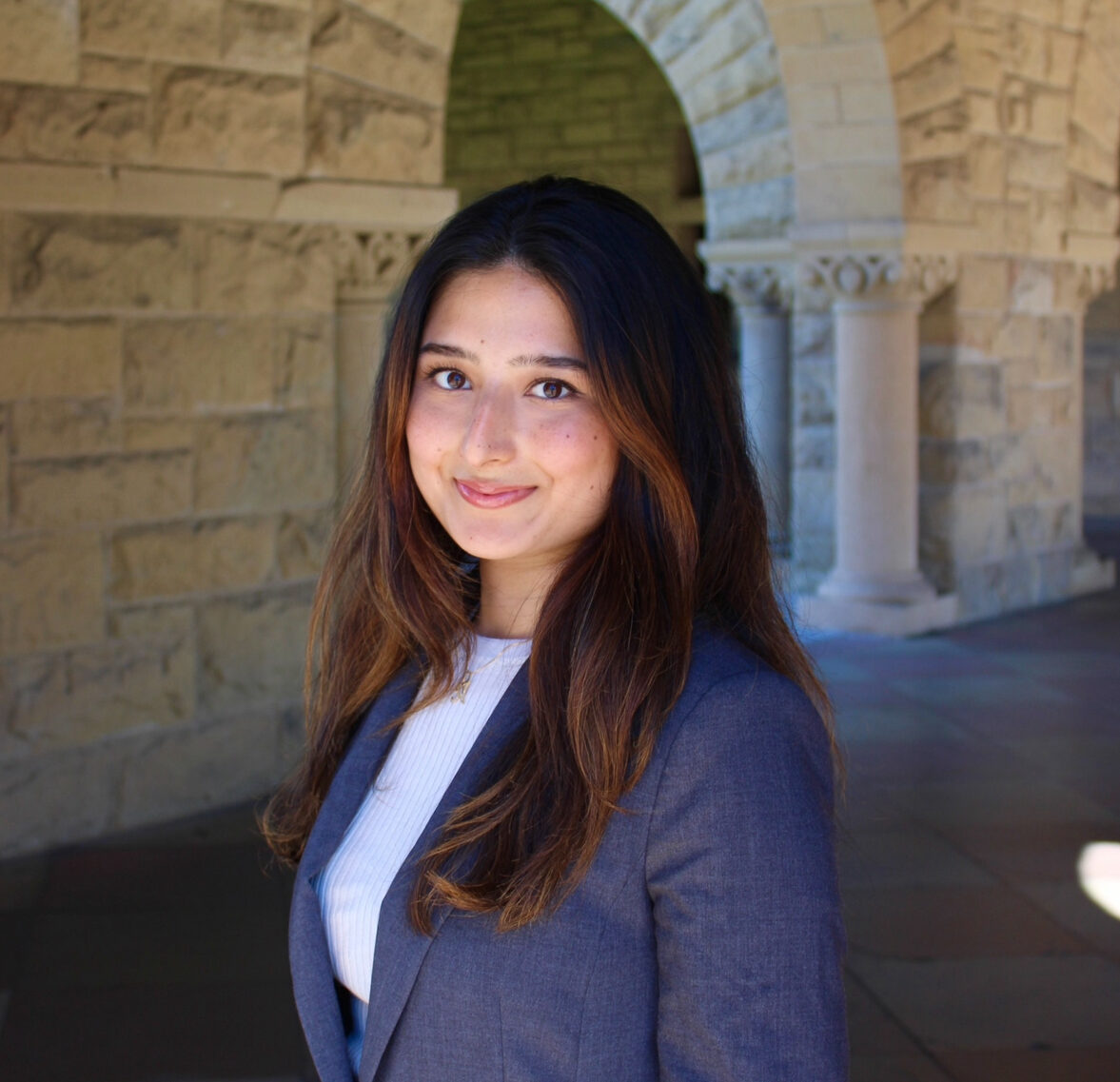
Nabikshya Rayamajhi
Past Research Assistant
Nabikshya Rayamajhi
worked with the Legal Design Lab to facilitate the Access to Justice Network.
Nabikshya is a junior at Stanford University, majoring in Political Science and minoring in Human Rights. As a pre-law student, she is passionate about civil rights law, with a focus on advancing women’s rights and expanding access to the legal system for underrepresented communities. She is involved in Stanford Women in Law and contributes to the Stanford Law Review, where she engages with critical legal issues and works to promote diverse representation within the legal field. Whether researching reproductive rights or using AI to tackle legal challenges, Nabikshya is committed to using the law as a tool for systemic justice.
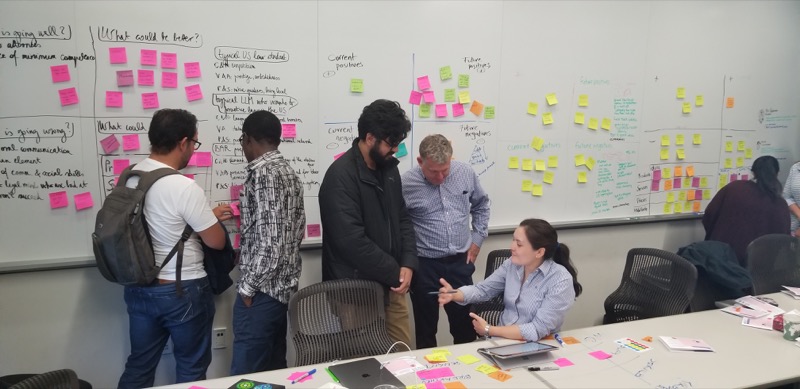
16 Comments
How best to interweave human-driven design process with intellectual property protection for the innovators? I am a patent attorney and adjunct professor in NC, and work with law students, as well as clients who are d.school disciples. I often am addressing these issues:
– Why is intellectual property (IP) important to design thinking
– What IP is available for design results
– How to structure collaboration sessions so that resulting IP rights are appropriate apportioned among participants
– How can the “not invented here” syndrome stifle innovation
– When should patent, copyright or other types of IP protection be sought
– What is the benefit of a patent landscape search to determine obstacles to avoid during scale up and production
– What rights does the person who identifies the problem have in the solution created by others
Who among your team has considered these points?
Jack Hicks, jhicks7@elon.edu
We haven’t been working on the ‘law of innovation’, instead we’ve been focusing on ‘innovation in legal services’. But you’re right, there are a lot of legal issues that spring out during generative sessions, like those at the d.school, which is all about creating & remixing ideas into new projects. If you have thoughts, please pass them along!
Hello! You will be focusing on the exact content of my research (#1) and I would be delighted to work with you or learn from your experience. Self regulation and usability in collaborative transactions is what I am concerned about. Consumer redress and ADR updated :)!
I tried contacting you earlier, and really hope this time my message reaches someone interested in the same fied! I am in Estonia now, but if any course or seminar will be prepared in the near future I could come and assist, observe or simply participate as a learner.
How could we get in touch?
Cheers and shine on!
MariaC.
Maria C.
Your point about consumer redress and updated ADR is spot-on, imho. Perhaps you’ve already uncovered this article in your research, but Stanford Visiting Professor Horst Eidenmuller (now headed to Oxford) wrote on this subject, specifically as it relates to the new consumer rights regime in the EU. (I’d attach it here if I could). “Against False Settlement,” by Eidenmüller & Engel, 29 Ohio St J Disp Resol 261-297
Best,
DavidJ
Hello!
I am Jo Aschenbrenner from Germany, lawyer and mediator and working with Bucerius Law School, Germany’s first private law school.
Convinced of the positive effects of visualisation, I would love to get in touch with you and work together on projects (academia, legal practice).
Looking forward to hearing from you
Jo (female)
Hi!
My name is Paulo Neves and I am currently the Chief Federal Judge of São Paulo’s Federal District Courts in Brazil.
We inaugurated the first Innovation Lab in Brazil’s Judiciary and I am doing a doctorate at University of São Paulo studying innovation in judicial management.
In order to improve my knowledge about innovation and design thinking, I would like to spend an academic year working and learning with you.
Is it possible? How can I apply for that?
I appreciate your attention.
Sincerely,
Paulo
Hi,
I am Christine. I am an associate and innovation ambassador in a multinational law firm. I have been involved in some design thinking workshops in my firm. I would like to explore more about the legal design thinking and the visualization for lawyers. I am writing to seek if you have any online workshops or webinars that I can join remotely. In addition, I have also interned in a self-help center of a state court in the US to provide language and legal assistance for immigrants. I would also be happy to help if you have any innovation projects related to the self-help centers. Thanks.
[…] Se funda el Legal Design Lab[1] a cargo de la escuela de Derecho y el D.School (design school) de Stanford a cargo de Margaret […]
Considero muy interesante la propuesta de entrelazar el diseño y la experiencia del usuario, con el sistema legal. Aquí en argentina, se ha avanzado con el dictado de sentencias en lenguaje natural buscando eliminar formalismos técnicos pero faltan sistemas que hagan mas accesible la ley en general y no solamente esperar a tener una sentencia.
Hello! I am Flavio (Brazil). I would like to know if the Legal Design Lab has some kind of newsletter. I would like to have more information about your project.
Thank you.
[…] The Legal Design Lab is founded by Stanford Law School and D.School (design school) by Margaret […]
Hello! I am from Iran, I have worked in law context since ten years ago, I would like to work with you, design graph for law…
Hi Amir, Thank you for your message! Please feel free to message us on LinkedIn or emails to share what you are working on.
I am a law professor at Howard University School of Law. I am interested in obtaining more information about the intersection of Legal Design and Access to Justice. Specifically, I am interested in how the courts and legal service providers can provide meaningful access to justice for disadvantaged and unpopular litigants. Do you have any suggestions on readings, conferences, seminars, etc. that I should attend? Please let me know.
Hello,
My name is Keith, and I am a law clerk to the Supreme Court of a United States Commonwealth jurisdiction. Recently, our judiciary has been working to provide the public with comprehensible forms and visual aids regarding the court process, particularly for traffic, small claims, and guardianship cases. Many members of our community are overwhelmed and confused by the details of court rules and procedure, and we are aiming to address this.
Is the Legal Design Lab still available to work with court systems? Alternatively, are there templates that we could base our forms/visual aids on? Any insight would be greatly appreciated.
Thank you!
I will like to receive journlas, news or articules from you